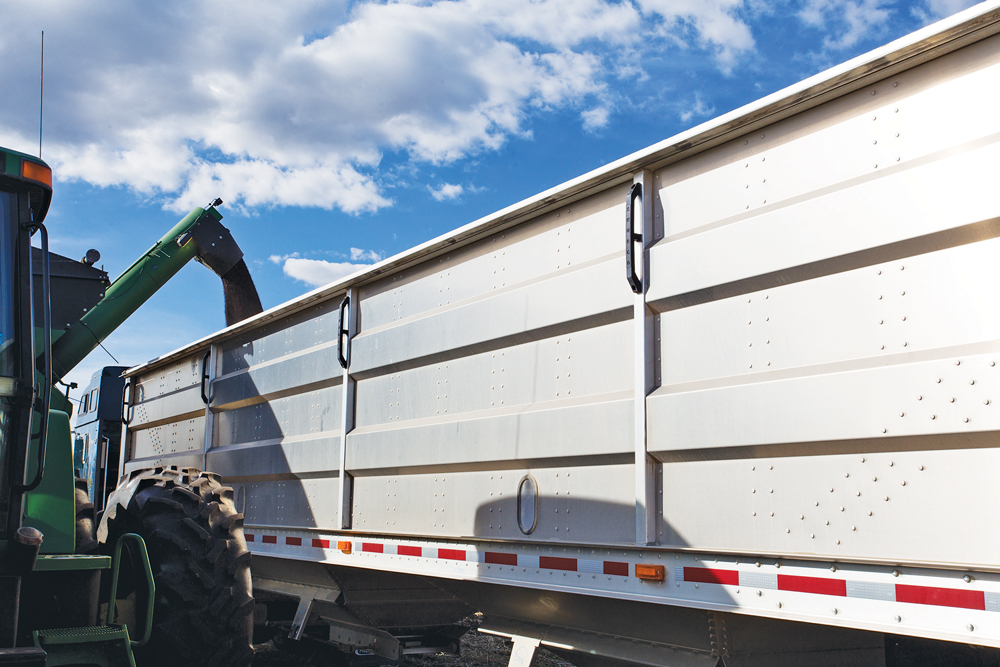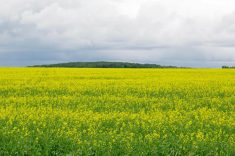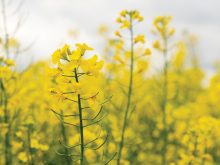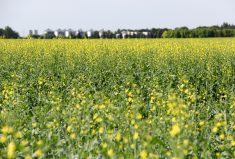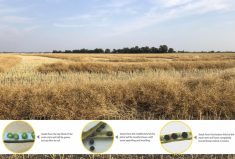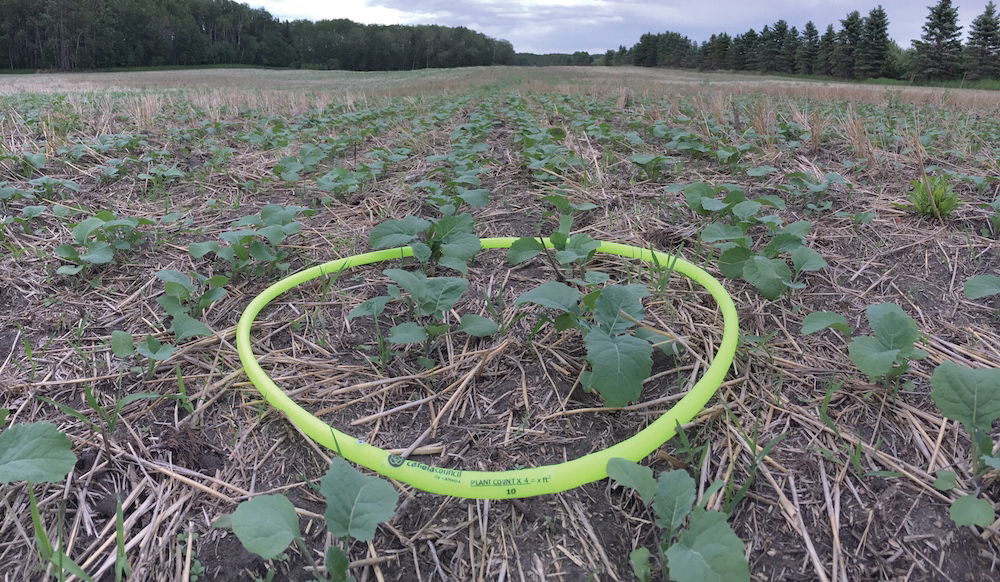Keystone Agricultural Producers (KAP) is frustrated the federal government hasn’t done more to restore Canadian canola exports to China a month after the current trade dispute began.
At press time Monday the Chinese had not replied to Agriculture Minister Marie-Claude Bibeau’s request to send a Canadian delegation to China led by the Canadian Food Inspection Agency (CFIA), a government official said in an email.
Bibeau wrote her Chinese counterpart at the end of March seeking the meeting.
And while the Canola Council of Canada is working with the government to try to restore trade as quickly as possible, it also acknowledges it could take awhile.
Read Also

Canada’s interprovincial trade push makes for strange allies
Breaking down interprovincial trade barriers has become a national group project among Canada’s provincial governments, and that’s made for some strange alliances
It took Canada eight years, working through the World Trade Organization, to get the United States, our biggest trading partner and closest ally, to repeal its illegal country-of-origin labelling law that discouraged Canadian cattle and hog imports. And that was before Donald Trump was elected president.
Why it matters: Canola is a higher-earning crop. Farmers worry this dispute will continue to lower canola prices in 2019-20.
Manitoba Canola Growers Association president Chuck Fossay told KAP’s spring advisory council meeting “maybe as producers we need to rethink our (canola) price expectations.”
KAP members failed to reach a consensus on what government aid is needed to offset the loss of Canada’s biggest canola customer.
China accounts for 40 per cent of Canadian canola seed exports worth $2.7 billion in 2018, earning Manitoba growers $343 million.
Some KAP members said changes to the cash advance program might help in the short term — something the Canadian Canola Growers Association, the Agricultural Producers Association of Saskatchewan (APAS) and Saskatchewan government are advocating.
KAP president Bill Campbell said AgriStability, designed to help farmers when their incomes decline, wouldn’t likely trigger a payment.
KAP members discussed whether the government should use “science” or “politics” to get China to the negotiating table.
Despite market uncertainty, KAP and others expect most farmers won’t dramatically cut canola plantings, hoping exports will resume before harvest.
“The first course of action I believe is an immediate trip of these high elected (Canadian) officials to China,” Campbell told the meeting.
“We must speak to the Chinese because other commodities are vulnerable to similar trade issues.”

Industry and government officials say China hasn’t been willing to meet with high-level, elected Canadian government officials.
“Our plant health experts are engaged and exchanging technical information with Customs China, who have agreed to continue discussions in the near future,” Bibeau said.
Bibeau announced April 1 she appointed the Canadian Canola Growers Association (CCGA), Richardson International, Viterra, and representatives from the federal government and governments of Alberta, Manitoba, and Saskatchewan to a working group to co-ordinate restoration of canola exports to China.
China claims recent imports of Canadian canola were contaminated with weed seeds and plant diseases. CFIA says export samples don’t match the complaint and it wants to see China’s evidence.
March 1 China Customs’ website posted Richardson International’s canola export registration was cancelled, blocking its canola exports.
March 21 the CCC announced China was not buying any Canadian canola.
Although moot, China pulled Viterra’s canola export registration March 25.
China’s foot-dragging supports suspicions China’s complaint is bogus, CCGA CEO Rick White said in an interview April 4.
“If they can’t prove it very quickly it’s a non-tariff trade barrier,” he said.
Canada’s canola industry suspects China is signalling its displeasure with Canada’s arrest of Meng Wanzhou, vice-president of Chinese technology firm Huawei, at the request of U.S. government, which accuses her of fraud.
If true, a resolution is even more complicated. After Wanzhou’s arrest, China detained two Canadians and re-sentenced a Canadian convict to death.
With lives at stake, diplomacy is critical, according to industry and government officials. That means a measured approach and escalate only as required.
The other reality is, Canada needs China more than the other way around. China is Canada’s second-largest export customer generating $15.4 billion in 2016. While China has a huge trade surplus with Canada, this country last year ranked 18th among China’s export customers.
Moreover, China can substitute Canadian canola. Replacing every dollar store and electronic item Canada imports from China, isn’t as easy, at least not at as low a price.
Industry officials say other factors could be at play, including China’s ongoing calls for dockage in Canadian canola exports to drop to one per cent from 2.5, China’s shrinking pig herd due to African swine fever and increased imports of American soybeans due to American trade pressure.
Last year 30 per cent of Manitoba’s acres were seeded to canola. In 2017 canola generated $1.37 billion in Manitoba farm cash receipts.
“To say canola is important for Manitoba farmers is an understatement and now without warning we have lost one of our biggest customers,” Campbell said.
He can’t understand why there has been no meeting with Chinese officials.
“You must realize everybody else gets paid before the farmer… and what is left is for the producer,” he said. “The price decline is solely borne by me — the producer. It hasn’t altered the price of the seed. It hasn’t altered the price of the fertilizer. I guarantee Richardson hasn’t changed its bottom line in this whole deal. I have taken between a 50- and 75-cent-a-bushel hit… that affects my farm. Nobody else is sharing in that hit.”






